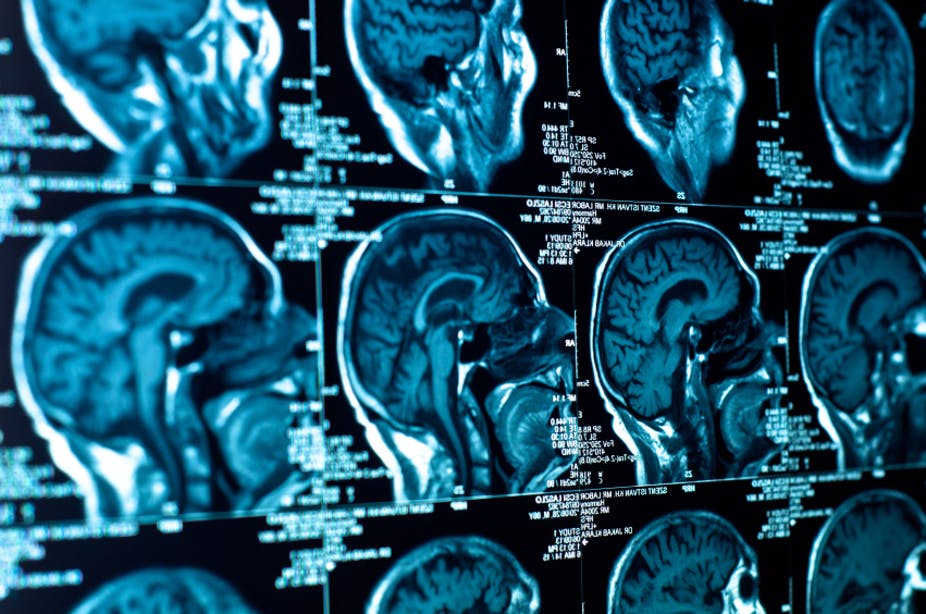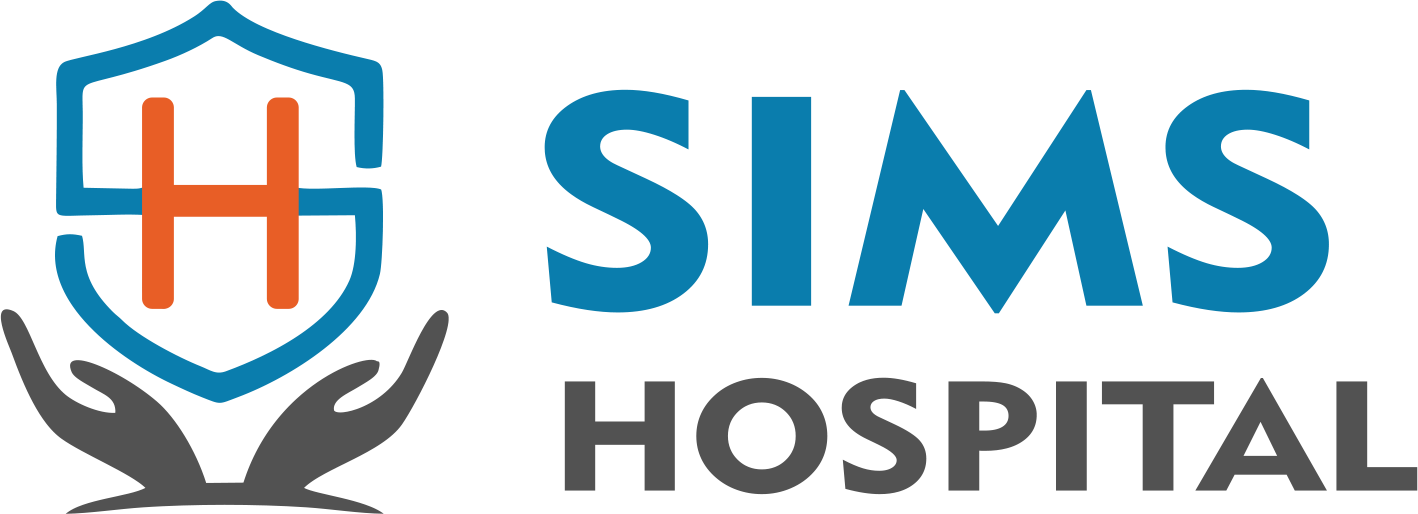Neurosurgery, which includes surgery on the brain, spinal cord, skull and the bony spinal column, is a highly advanced superspecialty which requires specialized training. With technology becoming the prime driver in most areas of healthcare, tremendous strides have been made in Neuro care. SIMS Hospitals is recognized as a leader in acute Neurosurgical care and is ranked among the top hospitals specializing in Neuro care in the world.

Brain Disorders
Your brain is your body’s control center. It’s part of the nervous system, which also includes the spinal cord and a large network of nerves and neurons. Together, the nervous system controls everything from your senses to the muscles throughout your body.
When your brain is damaged, it can affect many different things, including your memory, your sensation, and even your personality. Brain disorders include any conditions or disabilities that affect your brain. This includes conditions that are caused by:
- illness
- genetics
- traumatic injury
This is a broad category of disorders, which vary greatly in symptoms and severity.

Brain Surgery
The term “brain surgery” refers to various medical procedures that involve repairing structural problems in the brain.
There are numerous types of brain surgery. The type used is based on the area of the brain and the condition being treated. Advances in medical technology have enabled surgeons to operate on portions of the brain without a single incision in or near the head.
Brain surgery is a critical and complicated process. The type of brain surgery done depends highly on the condition being treated. For example, a brain aneurysm can be repaired using a catheter that’s introduced into an artery in the groin. If the aneurysm has ruptured, an open surgery called craniotomy may be used. Surgeons, while being as careful and thorough as possible, treat each surgery on a case-by-case basis.
Shock Treatment
Electroconvulsive therapy (ECT) is a procedure, done under general anesthesia, in which small electric currents are passed through the brain, intentionally triggering a brief seizure. ECT seems to cause changes in brain chemistry that can quickly reverse symptoms of certain mental health conditions.
ECT often works when other treatments are unsuccessful and when the full course of treatment is completed, but it may not work for everyone.
Spine Surgery
Spine surgery is traditionally done as “open surgery.” This means that the area being operated on is opened with a long incision to allow the surgeon to view and access the anatomy. In recent years, however, technological advances have allowed more back and neck conditions to be treated with a minimally invasive surgical technique.
Because minimally invasive spine surgery (MISS), does not involve a long incision, it avoids significant damage to the muscles surrounding the spine. Typically, this results in less pain after surgery and a faster recovery.
